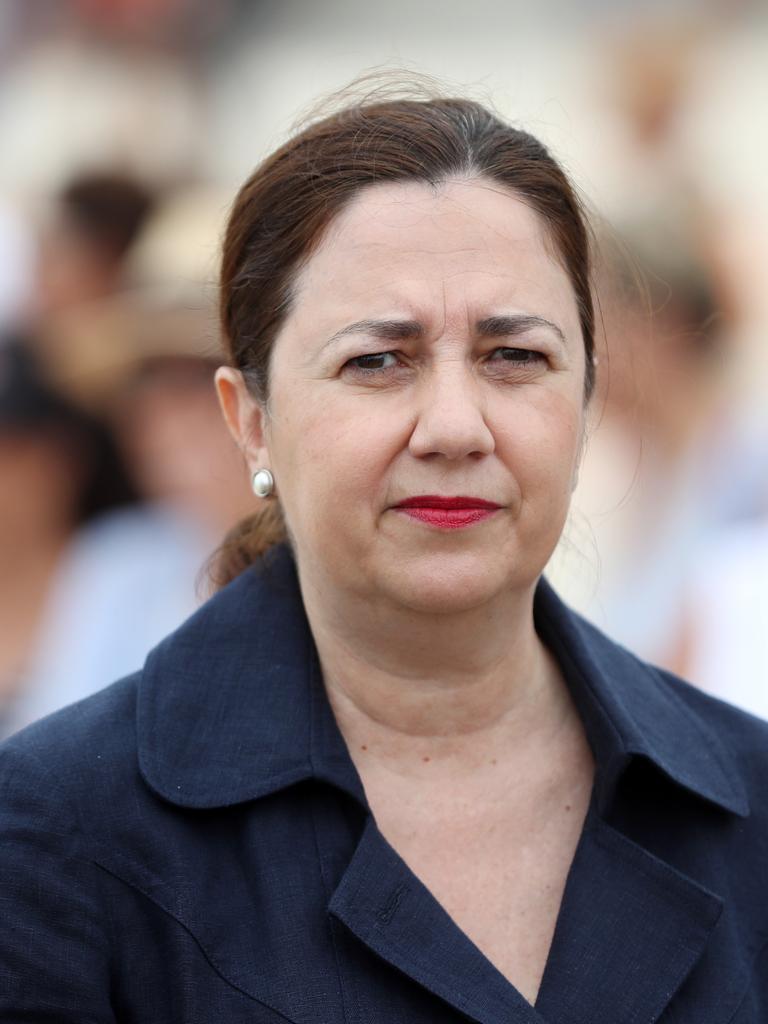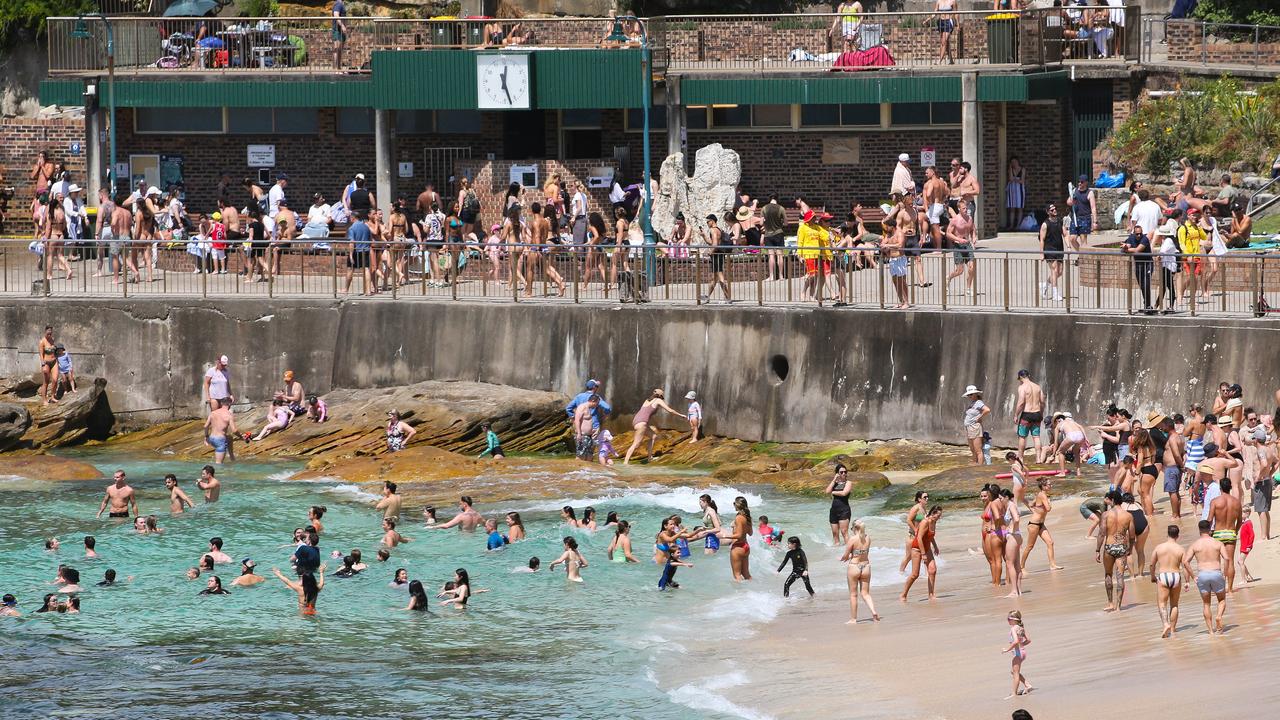Queensland Premier asks Donald Trump to send tourists despite bushfires
Queensland’s Premier has begged President Donald Trump to reconsider a warning he’s issued to tourists travelling to Australia.
Queensland Premier Annastacia Palaszczuk is urging US President Donald Trump to revise US travel warnings for Australia.
The US State Department last week put out a new warning for Americans to consider postponing their travel to Australia as disastrous bushfires ravage the country.
But the premier has passionately pleaded with the US leader to reconsider the warning, which could be damaging to the tourism industry at a delicate time.
“The last thing we need is for international tourists to think that the entire country of Australia is not safe to visit,” Ms Palaszczuk wrote on Friday.
“We have large parts of our beautiful country that are not affected and would love to welcome American tourists here.
“I urge you to change the travel advice for American tourists looking to visit Australia.”
RELATED: Live updates: Good news and bad news of bushfire rain


Her plea echoes the call from prime minister Scott Morrison on Wednesday, who begged tourists to keep coming to Australia — and to cut the bushfire-affected tourism sector some slack if they want a refund.
“If you’ve booked accommodation and you’re now seeking a refund, can you cut them a break in terms of, at the very least, on the timing of when you might expect to see a refund?” he said.
Mr Morrison said it was crucial for people far and wide to continue their holidays in regions impacted by bushfires.
“Australia is open,” he said. “Australia is still a wonderful place to come and bring your family and enjoy your holidays.
“Even here on Kangaroo Island, where a third of the island has obviously been decimated – two-thirds of it is open and ready for business.
“It’s important to keep the local economies vibrant at these times.”

The Royal Australasian College of Physicians says Australians are facing an unprecedented public health crisis because of the long-term exposure to smoke.
The lasting impact on people’s health is unknown, however doctors are seeing more patients presenting with respiratory issues, RACP president and respiratory physician John Wilson said in a statement on Saturday.
“Long term health impacts may be felt not just by those on the frontline being directly impacted by the bushfires, but also those in metropolitan areas,” Professor Wilson added.
Many of Queensland and Australia’s hardest-hit bushfire areas are regions where the tourism industry dominates.
However, Ms Palaszczuk pointed to her home state, where fires that have raged in recent months are not currently threatening.
“Queensland has more than 4000 miles of beautiful coastline, tropical islands and, of course, the Great Barrier Reef,” she wrote.

More than a million tourists travelled to the Queensland outback last year, and their visits will be crucial to support the nation’s economy when the fires ease.
“The rebuilding effort will be extensive as will the economic recovery for our whole country,” Ms Palaszczuk added.
“One of the industries that will be crucial to help rebuild our economy is tourism.”



